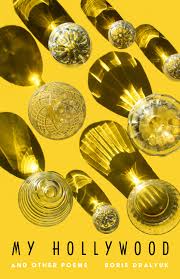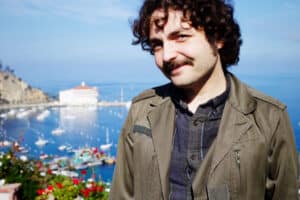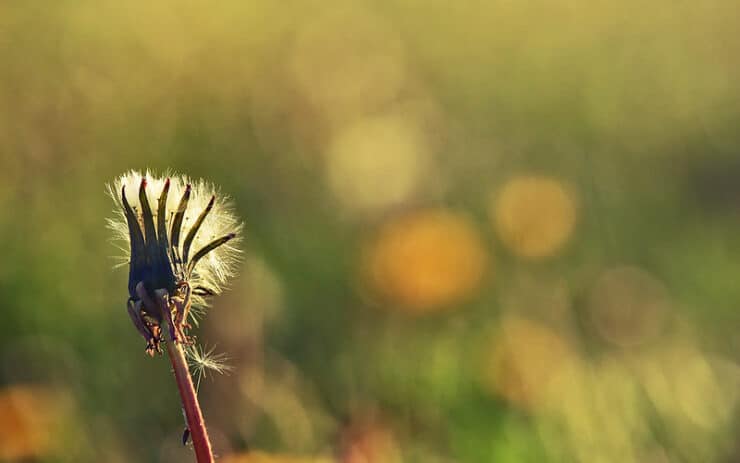
Boris Dralyuk writes of a Hollywood where exiles found a home.
I grew up with the movies.
From the time she was a teenager, my mother was a moviegoer. Cary Grant! Katherine Hepburn! Jimmy Stewart! Clark Gable! Her favorite movie of all time was Gone with the Wind. My father was not a moviegoer; he had to be dragged kicking and screaming into a theater, and my mother eventually gave up. She had me, and as soon as I was old enough, my summers, weekends, and holidays were framed by the movies.
This is where I picked up a habit that has driven my wife and children crazy. I cry at sad movies, sad television shoes, and even sad or sentimental reels on Facebook. I was seven when she took me to see Last Voyage, with Dorothy Malone and my mother’s latest screen heartthrob, Robert Stack). I cried throughout most of the movie because of the tension. She felt so bad (it wasn’t a kid’s movie) that she walked us across Canal Street to another big movie theater to see Some Like It Hot, which was funny but also not a kid’s movie.
All those movie memories came back as I read My Hollywood and Other Poems by Boris Dralyuk. His sense of the movies is filtered through how he understands one of the most cataclysmic events of the 20th century – the Russian Revolution. The events of 1917 to 1922 dispersed hundreds of thousands of Russians (not to mention how many died). The emigres ended up in places like Shanghai, Berlin, Paris, New York, and – Hollywood. Many of the Russians in Hollywood developed successful careers in the movies. Many did not.
This sense of both gain and loss permeates My Hollywood. The center of the moviemaking industry was an ideal place for emigres; outsiders were welcome, names and careers could be made, personal names and histories could be rewritten, and even those who didn’t succeed could bask in the glamor of living in Hollywood, however brittle and mercurial it might be.
The Hollywood of Dralyuk’s poems is the movie town that exists mostly, but not entirely, in memory, like the Garden of Allah Hotel, famous in its day long-since razed and replaced. Or the bungalows that seemed to characterize the neighborhoods of Los Angeles. The big studio sets. And the dusty, second-hand shops tucked away on side streets that sell posters from the horror movies.
Universal Horror

the siren-addled nights of its successor,
up till last week, the sunbaked, time-warped doors
of one slim passage welcomed every passer-
by…High noon, yet no one passes by …
Magnetic trinkets draw no tourist’s eye.
Motes build tract housing in the grooves of vinyl.
An eerie calm prevails. Not tomblike—shrinal.
I come for solace. Far in back, vitrines
hold Universal Monsters safely penned:
vampires, mummies, wolf men – every friend
of anxious childhood, surest of vaccines
against the grownup world’s uncertain horrors,
which spread like scentless, soundless fog before us.
That was another part of my movie-going youth – horror movies (but not with my mother). I want to ask Dralyuk if he came across a poster for my favorite all-time monster flock – Godzilla, Mothra, and Rodan vs. Ghidroah the Three-Headed Monster (I am not making this up.)
Yet the Russian émigré influence is not all in the past. Major Hollywood figures like Harrison Ford, Steven Spielberg, and Gwyneth Paltrow are descended from the Russians. West Hollywood still boasts the largest Russian-speaking community outside of New York City.
The collection explores this Hollywood heritage. It might be Igor Stravinsky at the farmer’s market, or filmmaker Alexander Drankov at Venice Beach. And he considers that generation after the emigres, with translations of eight poems by “Russian Hollywood.”

Boris Dralyuk
Dralyuk received his Ph.D. degree in Slavic Langauges and Literatures from UCLA. He’s taught at both UCLA and St. Andrews, Scotland, and is currently teaching in the English Department at the University of Tulsa. His poems and essays have been published in numerous literary and general publications, including The Times Literary Supplement, The New Yorker, London Review of Books, and Granta, among many others, and he’s received numerous awards for translations. He served as editor of the Los Angeles Review of Books from 2016 to 2022.
He has also published Western Crime Fiction Goes East: The Russian Pinkerton Craze 1907-1934 and edited or co-edited Stories and Poems from the Russian Revolution and The Penguin Book of Russian Poetry. His translation of Alexander Voloshin’s Sidetracked: Exile in Hollywood will be published in April 2026.
My Hollywood captures the senses of both sadness and resilience. You may never have experienced exile, but you know it must be wrenching, disorienting, and completely disruptive. Yet the Russian exiles who came to Hollywood, that place of filmmaking and make-believe, managed to build a new life.
Photo by Gabriel Caparo, Creative Commons, via Flickr. Post by Glynn Young.
How to Read a Poem uses images like the mouse, the hive, the switch (from the Billy Collins poem)—to guide readers into new ways of understanding poems. Anthology included.
“I require all our incoming poetry students—in the MFA I direct—to buy and read this book.”
—Jeanetta Calhoun Mish
- Poets and Poems: The Three Collections of Pasquale Trozzolo - September 11, 2025
- Poets and Poems: Boris Dralyuk and “My Hollywood” - September 9, 2025
- When You Don’t Speak Czech or German - September 4, 2025


Leave a Reply